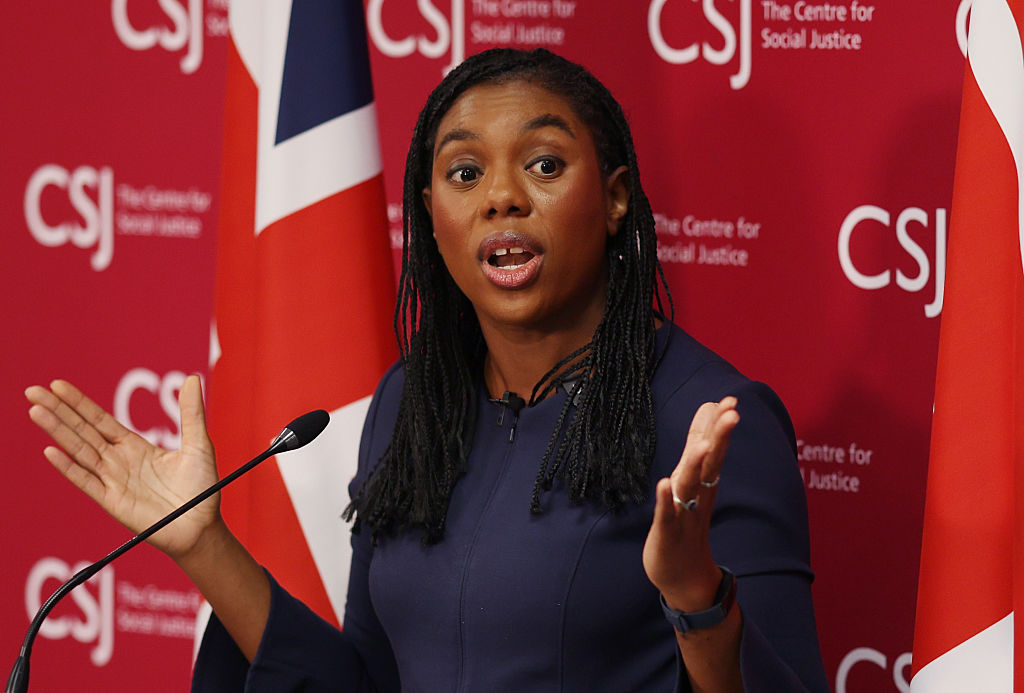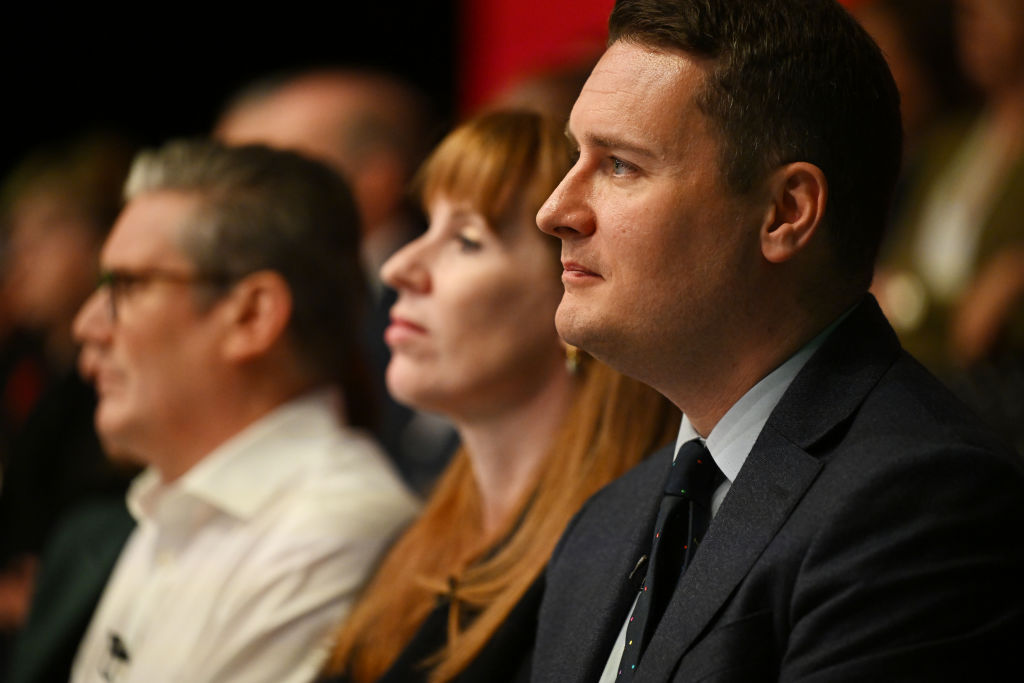The Conservative party conference is in full swing and the Spectator is hosting a myriad of events across the next few days. This afternoon we hosted a panel conversation revealing exclusive Ipsos polling conducted for the conference. It revealed that ultimately the Tories may be down but they are definitely not out. The survey found that a majority of Brits believe that the Tories still have another general election win in them – while just 50 per cent felt the same about Labour, one of the more positive poll results for the Conservatives in months.
In more (relatively) good news for the party, more people think that Reform’s Nigel Farage would make a bad prime minister than a good one (42 per cent to 34 per cent) – although voters aren’t convinced by Kemi Badenoch. Almost one in two respondents felt that Badenoch would make a bad prime minister and the public were tied on whether Badenoch should remain leader of the Conservatives. Only 7 per cent believe Badenoch would do the best job of running the party compared to her peers, however, bar Boris (who 10 per cent think would be best at running the current party), no one had more faith in her Conservative colleagues.
In fact, one of the most striking things about this polling was the conclusion reached by Ipsos analysts that simply replacing the party leader wouldn’t particularly change the Tory party’s fortunes. Shadow justice secretary Robert Jenrick was Badenoch’s onetime leadership rival and while he is popular among those who voted Reform at last year’s election, he is not quite as well-liked by Tory voters. Despite his hard graft on social media – with, for example, his widely-circulated fare dodging clip – Jenrick still isn’t particularly well known among the public. Penny Mordaunt – no longer an MP – was actually more popular among general voters, though she is some way off from getting the leadership.
Today’s panel conversation considered the rather far-reaching question that if the Tories’ current problem isn’t tied up with the leadership, what is it and how can the party stage a revival? While the pollsters from Ipsos and YouGov spoke of how the Conservatives have both a trust and branding problem, John Glen MP spoke of how the party can use subjects like the economy and defence to put forward a credible policy plan for the next election. But an important point was raised that, right now, the public aren’t interested in listening to detailed policy proposals. They feel lost, disconnected from and distrustful of mainstream politicians – and in an era where social media dominates, it’s a new type of charismatic politician that is required to take on Reform.
But while Reform is doing well to capture the public’s hearts and minds during a time of profound disillusionment with the political class, there remains a credibility gap. About a third of voters think it’s likely that Farage will become prime minister at some point, but more than four in ten think he would do a bad job at it. First there is the issue of delivery – Scotland and Wales, as well as the local authorities, will throw up challenges for the insurgent party – and second there is the day-to-day of running the government machine. And while many have backed the party at recent by-elections and local contests, there remains an uncertainty in these same people about whether they truly want to see a Farage premiership. ‘I’m not happy with any of the parties right now,’ one voter on the streets of Runcorn told me just a few months ago, ‘and I don’t know if Farage is the man for the job either.’








Comments